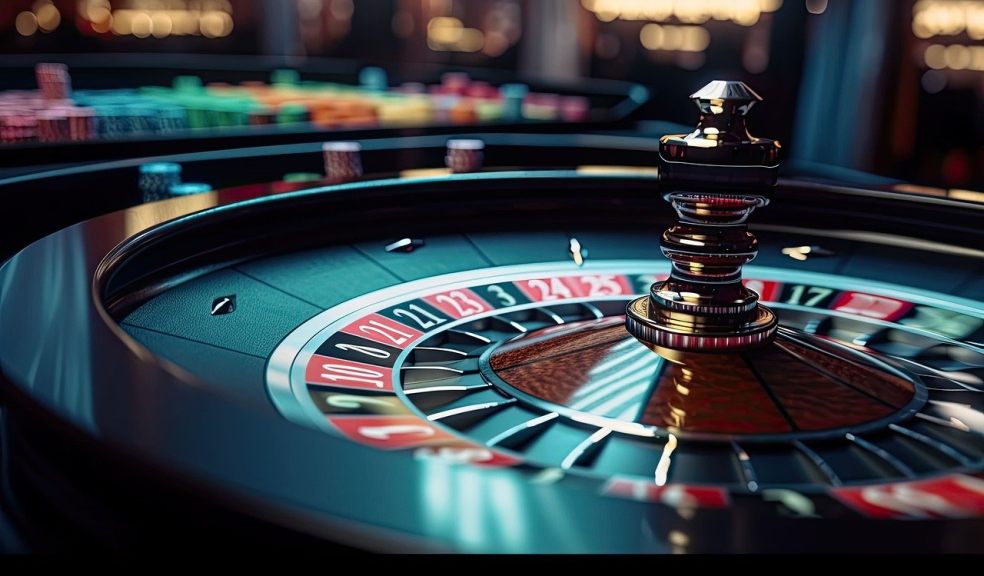
The History of Roulette and Why it’s So Popular
As one of the most famous and iconic casino games the world over, roulette is instantly recognizable to both hardcore enthusiasts and novices alike. The name is derived from a French word that means “little wheel”. That makes for an apt description since, as we all know by now, it’s a game that consists of a wheel, a little ball, and a famous red and black numbered layout.
Now, among both European and American versions of the game, there are literally hundreds of variations of it available to play via online roulette sites. With a massive variety of ways to play the game throughout online casinos hosted on sites all over the world, UK players have access to local and offshore versions. These include options to even play with cryptocurrency and explore different types like speed roulette, instant roulette, or lightning roulette that you probably won’t find at your local casino.
However, although online gambling has made it easier than ever to play classic casino games like roulette, players should be cautious to only use sites that have been vetted by experts for quality and safety.
With these online versions now available, it’s amazing to think that although roulette has been around for ages now, it’s undergone some huge transformations from its earlier, more primitive iterations. In fact, the history of roulette stretches back to the 17th century. The origin of the game is most commonly attributed to the notable French mathematician Blaise Pascal and his eye for invention. Originally designed as part of his prototypes in the quest to build a perpetual motion machine. Later, his early designs are said to have been adapted into versions of the game we may recognize today. By 1796, the earliest known version of the game was reported.
From what is known, it was played in Paris and contained a wheel with pockets for numbers 1 through 36, and a zero. The zero was introduced to give the casino a house edge and is, of course, still in use today. Having quickly gained popularity throughout Europe and later the United States, the game flourished and soon became a fixture in casinos and high-end betting halls the world over.
The game soon began to evolve as it spread, leading to variations such as the introduction of the double zero (00) by casino operators in the United States. This was done to further increase the house edge and is something players should keep in mind when playing roulette since it means they have a slightly better chance of winning at European roulette than they do the US version.
Back in Europe, the game became a staple of the gambling culture in casinos throughout the 19th century. In some of the most iconic and exclusive gambling hubs in the world, like the Monte Carlo Casino Resort, venues like these helped popularise the European version. As the single-zero roulette was seen as a way to attract more customers, casinos capitalised on its lower house edge compared to the American double-zero variant.
Today, roulette is one of the most iconic casino games, with its basic gameplay unchanged. Players bet on which numbered pocket a ball will land in after spinning around the tilted circular track running around the wheel's circumference. The betting options in roulette vary considerably. These consist of bets on individual numbers but can be combinations of them, based on a colour preference, whether it will be an even number or various combinations thereof.
With the advent of real money online casino sites augmenting its appeal, roulette remains one of the most beloved and legendary casino games around. Online versions now have new variants and innovative ways to play. However, the basic appeal of the game has never wavered and is still loved to this day for its simple concept that can be bewitching once that famous wheel starts to whir.
Click HERE for free, confidential advice if you are worried about your gambling.













